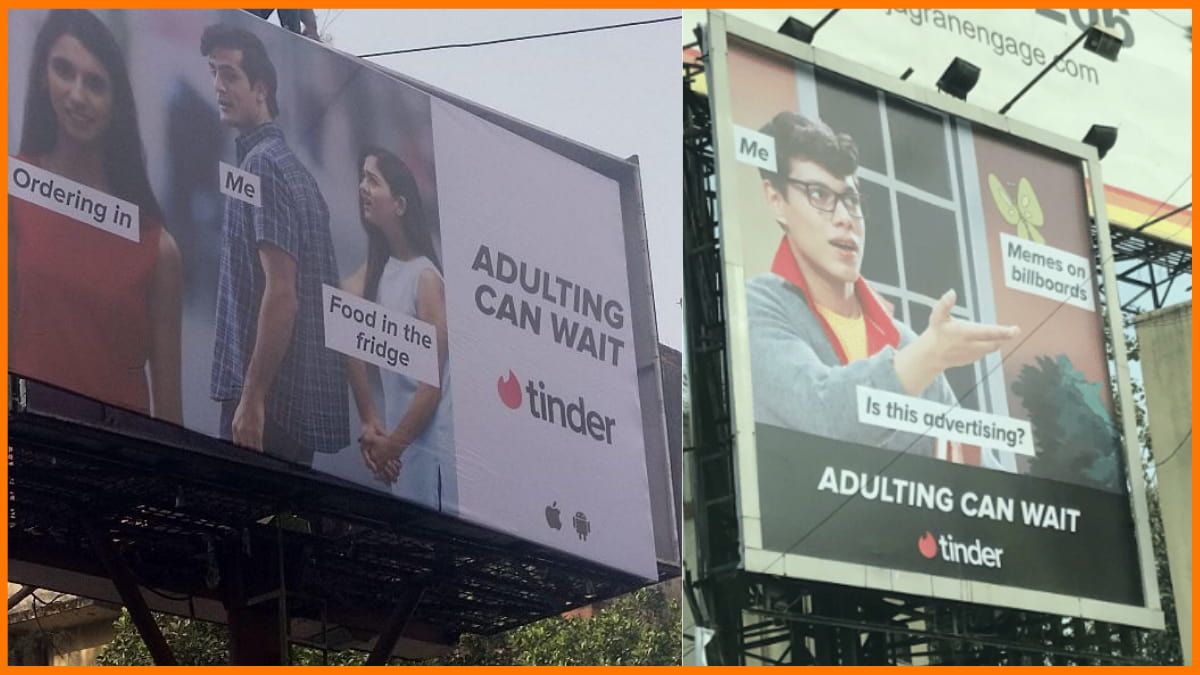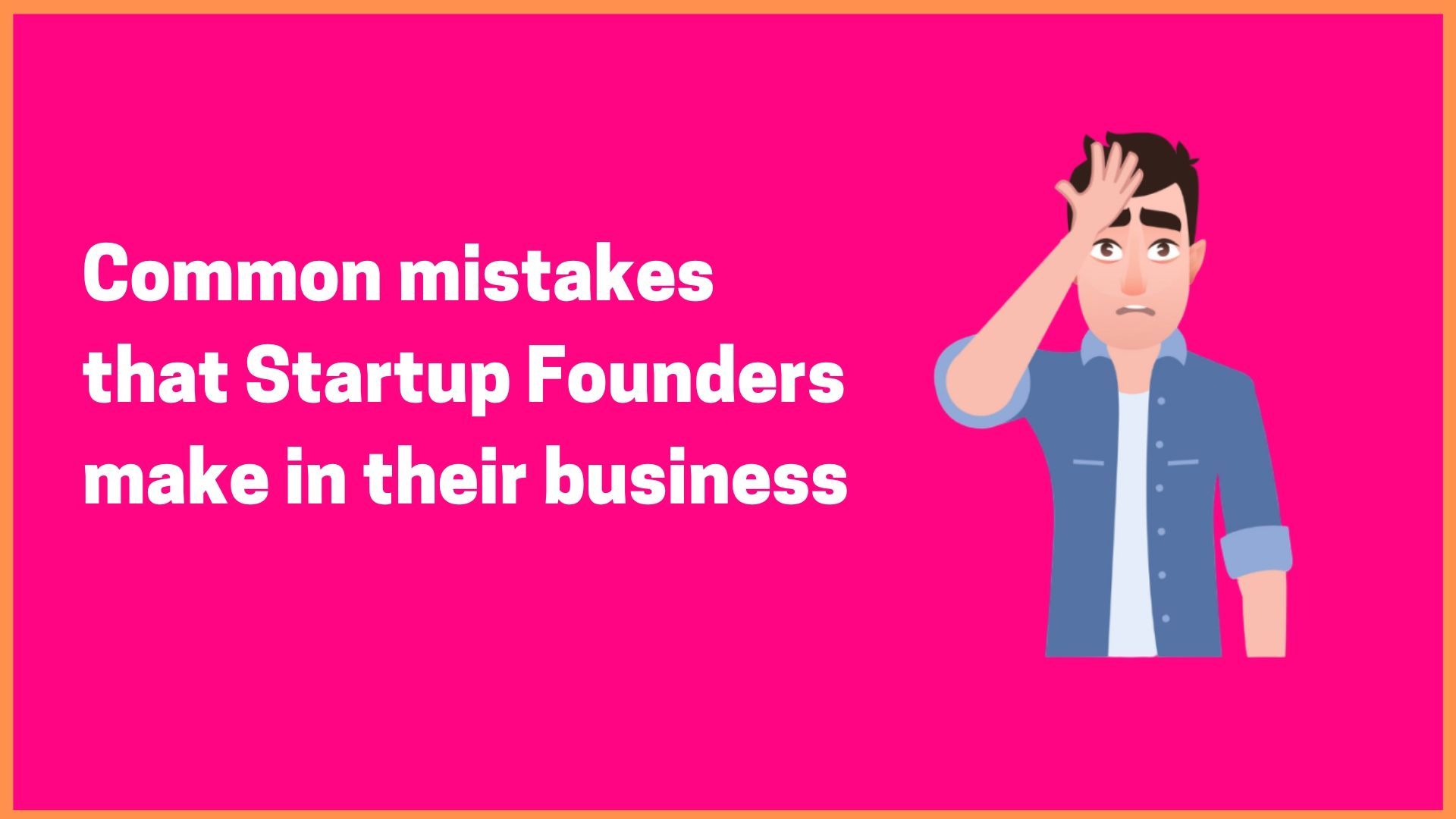Marketing is the most important aspect of any business. It not only helps to publicize the business but also contributes to its growth, profit, and success.
With the advent of digitization and the whole world shifting online, even marketing is going online. Online marketing and advertising are like the basis of a businesses’ success.
Nowadays, we have various kinds of online marketing. These include email marketing, influencer marketing, social media marketing, etc. Another important kind that is gaining rapid popularity is meme marketing.
Meme marketing is the latest trend these days. Promoting a product or service while making people smile and laugh, what is better than that? So, keeping this in view, various top brands are now indulging in meme marketing.
What is a Meme?
What is Meme Marketing?
Importance of Meme Marketing
Brands That Employ Meme Marketing in their Marketing Strategy
Why Choose Meme Marketing?
FAQ
What is a Meme?
A meme can be described as an image or video which is often amusing. These media circulates all over the internet at a rapid rate. Such images or videos have huge popularity over all the social media platforms.
The media may contain expressions, dialogues, or famous personalities. When these get presented in an amusing way, it then becomes a meme.
What is Meme Marketing?

In simple words, when a brand’s marketing strategy includes the use of memes, it’s called meme marketing. Meme marketing is no less than an art.
It is an art by which the brands display their discounts, deals, and their promotions in a meme. Then they implant these memes in the meme community.
The meme community consists of the people who create and share memes. This source can be standup comedians, influencers, YouTubers, etc. Brands approach them for their marketing through memes.

Importance of Meme Marketing
Meme marketing is one of the latest trends in the field of marketing. It is now used by various brands and businesses to promote themselves. The following points show the importance of meme marketing in today’s time:
Meme marketing helps a brand connect with its customers. It offers a connection that is more casual and interesting. It offers a humorous way for the brands to market their product and services.
Gone are the days when marketing was done only through tv ads and newspapers. People spend more time on social media. Meme attracts a huge audience, which makes it the most important marketing method. It helps a brand earn more engagement towards itself.
The best part is it is a cost-effective method for the brands. Meme marketing is a creative way of marketing. It helps a brand to develop a close relationship with its customers and helps the brand to reach a wide audience by leveraging the meme community.
Brands That Employ Meme Marketing in their Marketing Strategy
Nowadays, most brands understand the importance of keeping up with the trends. One such trend is meme marketing. Looking at its importance and power of virality, various brands now indulge in meme marketing. Some of the brands are as follows:
Zomato
The moment we think of ordering food, Zomato is probably the first name that pops up in our heads. This brand is a huge success and there is no doubt about it.

Recently, the brand is gaining huge popularity with its meme marketing. When you open Instagram, you will find various memes by Zomato. They use super creative and relatable memes for their advertising. Be it a new series, old dialogues, or anything else, Zomato seems to have a meme for all.

Brand Factory
Brand Factory offers a variety of brands under one roof. They even give great discounts making it the smartest price seller. Keeping up with the trend, the brand has also inculcated meme marketing in its strategy.

They share various relatable memes for promotions. Sometime back, it made use of a viral Indian meme- “Hello Fraands, Chai Peelo”. They used it with a change “Hello Fraands, Shopping Karlo”. This meme by the brand went viral and gained huge popularity.
Disney+ Hotstar
The OTT platform is a source of various latest and old movies and shows. This Indian brand likes to gain and retain its audience. So, it has taken a dip in the sea of meme marketing.

Hotstar combines dialogues from various shows and movies to create a meme. The brand even makes Instagram reels to keep up with its meme marketing strategy. They recently used a scene from the movie ‘Kali’ to depict the Monday mood. This way, the brand can create a bond with the audience.
Netflix
The OTT platform has a great fan following for itself. Netflix is like an added best friend for today’s generation. It engages in a super creative and effective meme marketing strategy.

Netflix has reached another level of this strategy. They have created an Instagram page called ‘Netflix is a joke/ Netflix Comedy’. This page is wholly denoted to sharing the meme content. The brand even asks its customers to create shareable memes. This makes the customers more active and in turn, helps Netflix to gain more audience.

Tinder India
The super popular dating app has also included the dose of meme marketing. The brand makes use of memes in various creative ways. They make memes related to zodiacs, movies, festivals, and more.

Tinder also includes meme marketing through influencers. The influencers in the meme community help the brand to gain popularity. It also helps the brand to leverage the influencers’ audience as well.

Why Choose Meme Marketing?
The younger generation possesses more buying power. Most of this generation is dependent on online sources rather than offline sources. They spend a lot of their time on social media.
To gain this huge customer base online, the brands must make shifts in their marketing strategies. One of the most lucrative and effective ways is to inculcate meme marketing.
Memes are now a means of communication for the youth. Picking up a meme context and adding a promotional aspect to it is the creativity every brand must follow these days.
It helps a brand to deliver its message in a fun way. Memes are something that goes viral so quickly. This means more audience. Thus, this strategy is too good to be missed by the brands.
Conclusion
Meme marketing is the latest trend in today’s world. This marketing strategy must not be missed by any brand. Creating memes for a brand not only helps to gain trust and popularity but also attracts more customers to the brand.
A meme that has some fun, quirky, and witty elements is perfect. This marketing strategy is super effective that has a knack for creating a place in the audience’s hearts.
FAQ
What are the top brands that use meme marketing?
Netflix, Zomato, Brand Factory and Tinder are some of the top brands that actively use meme marketing.
Is meme marketing an effective marketing strategy?
Meme marketing is a great way to market your brand as it increases your brand visibility and engagement.






















